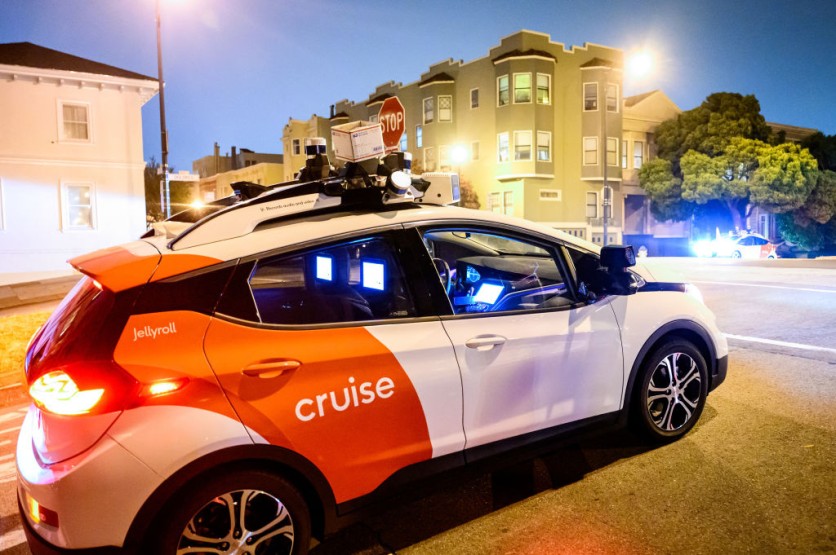Cruise's decision to resume robotaxi testing follows an unfortunate incident in which one of its vehicles collided with a pedestrian.
While the company is eager to move forward, it faces formidable obstacles that must be addressed before it can fully resume commercial operations.

Cruise's Strategy to Restart Testing Operations
As a leading autonomous vehicle company, Cruise has revealed plans to resume testing its fleet of self-driving taxis in Phoenix, Arizona.
However, The Verge reported that the company will initially conduct these tests with human drivers behind the wheel, without passengers onboard, and with autonomous driving systems disengaged.
This move comes after a recent incident where one of Cruise's vehicles was involved in an accident with a pedestrian, signaling that there may be significant hurdles to overcome before resuming commercial operations.
In response to several alarming incidents, California legislators have prohibited the GM subsidiary from conducting vehicle operations within the state.
The ban comes after a distressing event in San Francisco, where one of the company's vehicles struck a pedestrian, dragging them for over 20 feet.
This incident occurred shortly after another alarming collision involving a Cruise vehicle and a fire truck, raising significant concerns about the safety of the company's autonomous technology.
Cruise's Response to Adverse Events
Since these incidents, Cruise has been grappling with the repercussions, initiating a nationwide pause on operations and implementing a software update across 950 vehicles to enhance crash response protocols.
Multiple investigations into these incidents have prompted notable changes in the company's leadership. Former CEO and co-founder Kyle Vogt and nine other executives have departed from Cruise amidst these challenges.
Additionally, Cruise has undergone significant workforce reductions, laying off 24 percent of its employees after these events.
Last October, the California Department of Motor Vehicles indicated that Cruise was provided with the necessary steps to seek reinstatement of its suspended permits.
Addressing any lingering concerns flagged by regulators would mark a significant stride toward restoring confidence and nurturing positive rapport.
Cruise announces the resumption of testing activities to enhance its autonomous systems by collecting additional road data to bolster its machine-learning algorithms.
The company expresses its aspirations to reintroduce human-supervised autonomous trials in Phoenix, citing the city's robust legacy of fostering automotive innovation and the substantial presence of its workforce in the area.
Cruise confronts substantial hurdles in proving the readiness of its driverless cars for full resumption on roads. Although California's initial ban persists, recent developments indicate that the state has outlined a process for potential reinstatement.
Related Article : Waymo Facing Setback as California Regulator Suspends Robotaxi Expansion Amid Safety Concerns

![Apple Watch Series 10 [GPS 42mm]](https://d.techtimes.com/en/full/453899/apple-watch-series-10-gps-42mm.jpg?w=184&h=103&f=9fb3c2ea2db928c663d1d2eadbcb3e52)



